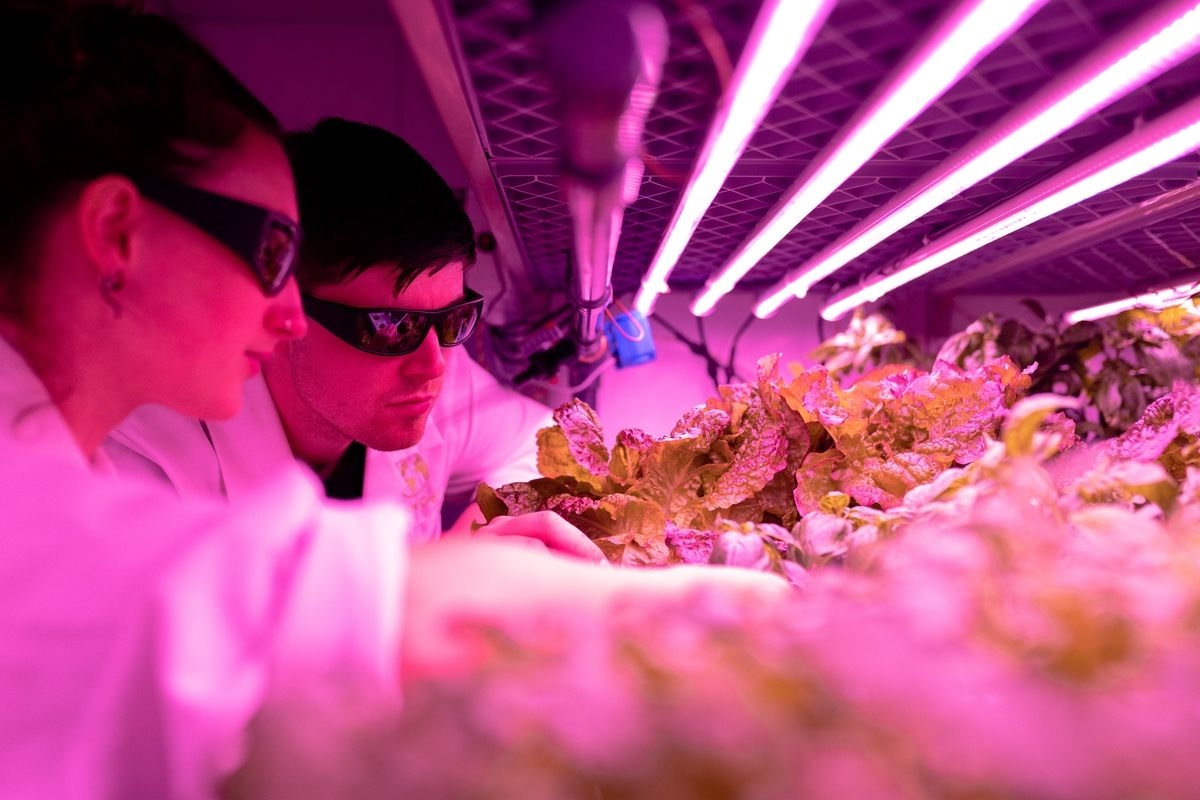Blog
Global Food Security
Aug 25, 2022

Global food systems are under severe strain. Geopolitical disputes, climate change, and supply shocks have conspired to drive up food prices and push millions towards catastrophe. According to the World Food Programme, a record 49 million people in 46 countries are at risk of being plunged into famine or ‘famine-like’ conditions; a further 276 million people in 81 countries are facing acute food insecurity – and that number could continue to rise, especially if Ukraine is unable to boost grain exports to pre-conflict levels in the coming weeks.
Worryingly, a recent study by McKinsey predicted that even if Russia does respect a UN-backed export agreement with Kyiv, the Kremlin’s war on its neighbor will still lead to a 23-million-metric-ton deficit in globally traded wheat and corn next year. The report states that the risks to the global food system are even more dire than they were both in the run-up to the 2007-08 global food crisis and prior to the Arab Spring, which was fueled in part by bread shortages.
While the short-term food-security outlook is assuredly bleak, it is likely that, in the longer term, the challenges associated with feeding the world’s population will only grow in magnitude. The UN forecasts that there will be more than nine billion people on Earth by 2050 and that, by then, demand for food will be 70-100% higher than it is now. The problem will be compounded by soil degradation, which is causing the loss of 10 million hectares of agricultural land each year; changing weather patterns and water shortages; air pollution, which inhibits the growth of staple crops and reduces their nutritional value; and urbanization, which in some areas has led to the destruction of prime farmland.
What, then, might be the solution? There are many scientists and entrepreneurs working to overcome global food shortages – and, fortunately, there are now clear signs that we can develop sustainable methods of production. Researchers at the UK’s University of Birmingham, for instance, have shown that coupling AI with nanotechnology would allow farmers to boost crop productivity while preserving soil quality. This ‘precision agriculture’ could prevent millions from going hungry over the next decade. Similarly, as the Food Institute has reported, investment in vertical farms is growing. These novel agricultural facilities have been popping up around the world – most recently, in Dubai – and can dramatically reduce land, water, fertilizer, and pesticide use. The market is expected to be worth $20.9bn by 2029.
Moreover, the nascent cultivated-meat industry is displaying enormous potential and will play a crucial role in meeting the rising demand for protein, helping to feed more people with fewer resources. Last year alone, VCs funneled $2bn into alternative-meat startups; sovereign wealth funds and some of the world’s largest meat companies are also betting on the technology, which, analysts predict, could account for 0.5% of the world’s meat supply by 2030. Elsewhere, innovative startups have been reshaping the aquaculture sector, tackling water scarcity, reducing food waste, and working to improve the efficiency of agricultural value chains.
So, although it will take time to achieve global food security, it would seem that the seeds of a new – and sustainable – system are already being sown.